Mental Health and Mental Training
Training our minds and advocating for our mental well-being is the greatest skill that athletics can teach. Please review these resources and don't hesitate to connect with a mental health professional. Depending on your goals, your physician may guide you to an appropriate professional at school or in the community, or you may choose to seek out a sports psychologist on your own. The world of sport psychology is a broad in scope, but you can generally think of it as strength and conditioning training for your brain and emotions. Many sports psychologists are available to meet with athletes virtually with an appreciation for the many demands your young athletes are juggling. Please consider incorporating additional mental training into your athlete's development. Learning skills to build resilience early in life will prepare your children for future success and happiness.
Nutrition
Here are some helpful articles to get you started. Remember that developing a healthy lifelong habit is less about what is packed as a post-workout snack and more about the value your family places on developing healthy meal planning and mealtime skills on a daily basis. Meal planning is not the job of the parents. Our athletes should be engaging in meal planning, taking on roles in meal preparation, and taking ownership of their nutritional choices to best understand and appreciate how they affect their mental and physical performance. More information on nutrition and recovery can be found here.
Building a Performance Plate - Daily Nutrition
Post-Exercise (Recovery) Nutrition
Shoulder Health
At OMNI we are committed to healthy, symmetric stroke development as one of many methods of preventing shoulder injuries in our athletes. We begin conversations about shoulder health long before it becomes a concern. Please reference the following resources, which are used by your coaches each season. Please be open and honest with your coaches regarding any symptoms you are experiencing so that we can address concerns promptly and refer you to outside resources as needed.
Posture and Thoracic Spine Mobility
Dryland
Dryland training is incorporated into pool work-out times, but it is very important that our athletes establish cross-training routines that they complete at home with their family members and friends as well. We want our athletes to embrace their physical and mental fitness as their own and build skills that can serve them for years to come. A few fun family-friendly workouts are included below, but the sky's the limit! Go on a walk, hike, bike ride, run, follow a yoga routine together on YouTube, etc. Additional athlete training tips can be found here.

